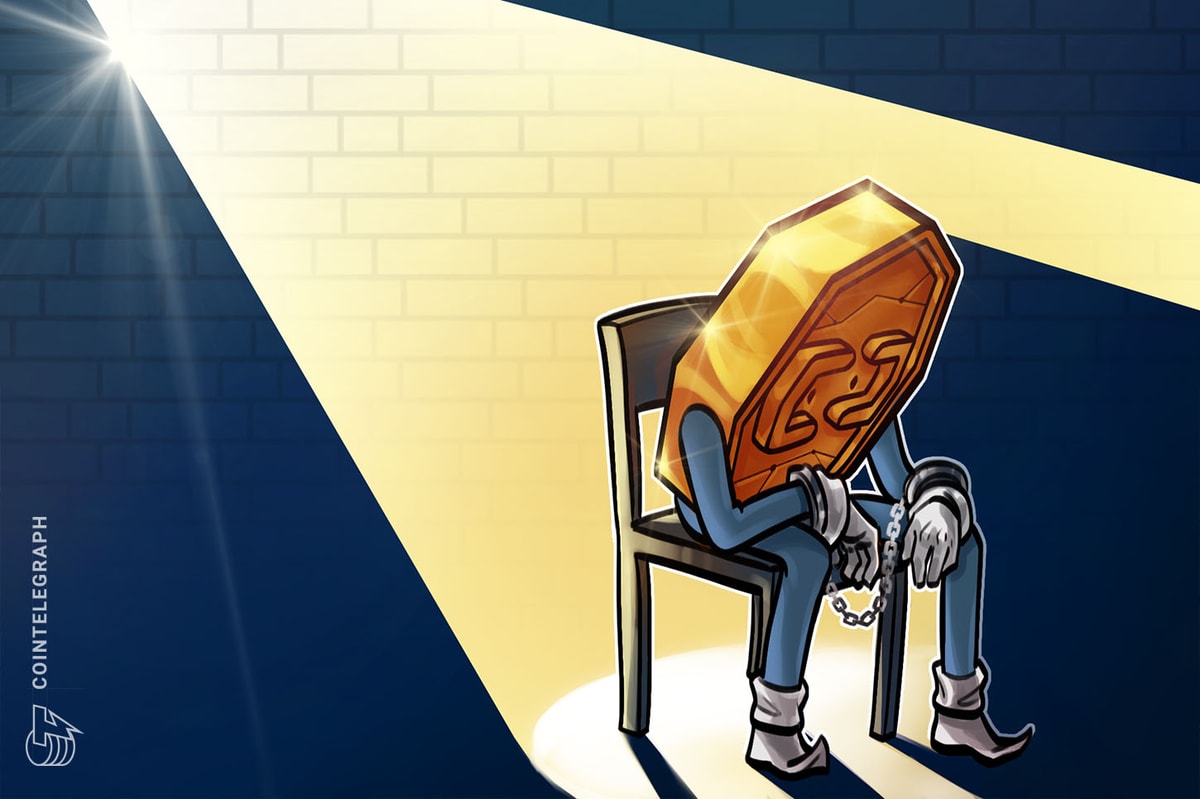A GameStop investor who sued Keith Gill, known as Roaring Kitty, over alleged securities fraud, dropped his lawsuit just three days after filing it.
Plaintiff Martin Radev dropped the suit on June 1 after submitting a voluntary motion to dismiss in the United States District Court for the Eastern District of New York.

It is unclear why the lawsuit was dropped so quickly, and the law firm representing Radev — Pomerantz Law — did not immediately respond to Cointelegraph’s request for comment.
The suit was dropped “without prejudice,” meaning that Radev can file a similar lawsuit again in the future.
The lawsuit was first filed on June 28, with Radev alleging that Gill had used his influence on social media to orchestrate a “pump and dump” scheme that artificially inflated the price of GameStop shares for his own financial benefit, causing investor losses in the process.
Radev alleged that Gill had committed securities fraud by failing to inform his followers and other GameStop investors that he planned to sell some 120,000 call options before their June 21 expiration date.
In a June 30 blog post, Eric Rosen, a former federal prosecutor and founding partner at the law firm Dynamis, said the lawsuit rested on three main arguments that could be easily shot down by a “well crafted” motion to dismiss from Gill.
Rosen said Radev would struggle to prove that Gill had committed fraud, adding that he was clearly trying to profit from the hype of Gill’s tweets and would struggle to prove himself a “reasonable investor” in a court of law.
“It is unreasonable to purchase securities simply because an individual named Roaring Kitty posted innocuous tweets on social media.”
Related: GameStop rally sends Roaring Kitty’s shares to $1B
Gill — the man behind the GameStop short squeeze of 2021 — made a surprise comeback from a two-year social media hiatus on May 13, posting a series of cryptic memes to his X account, sparking massive volatility in the price of GameStop in the months following.

Gill also made several posts on Reddit in early June, disclosing some 120,000 GameStop call options with a June 231 expiry date. He exercised these calls before their expiry date and used the profits to add a further four million shares to his portfolio.
Gills’ most recent move has been to acquire nine million shares in the United States-based pet retailer Chewy, accounting for a 6.6% ownership stake in the firm.
Several commentators have suggested that Gill could be gearing up to pull off another GameStop-style short squeeze with Chewy, while others say the attention from his purchases will be enough to lift the price of the stock regardless.
Web3 Gamer: SocialFi boosts game revenue, Axie Infinity creator wants to ditch Discord











